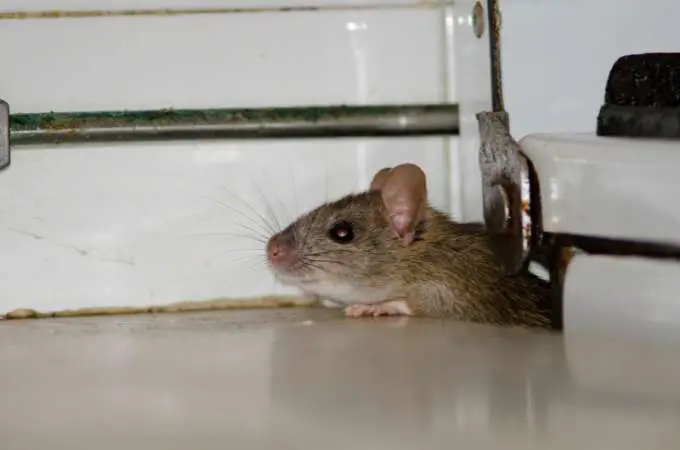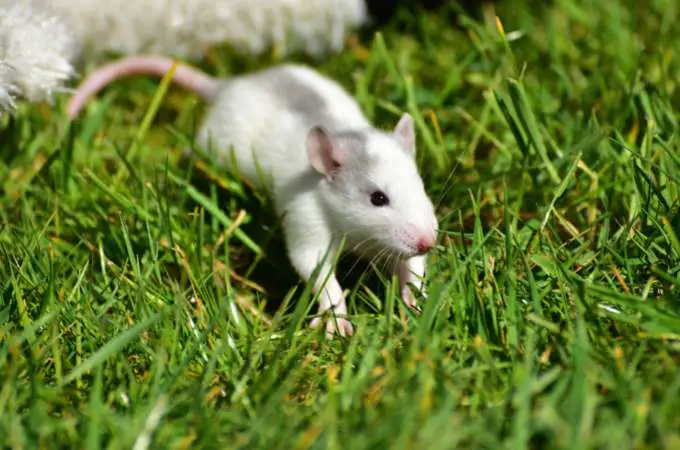
Rats have long been known for their remarkable adaptability in harsh conditions. One common question asked by people is how long rats can go without food. Unfortunately, the answer to this question depends on several factors like age, size, and health of the rat as well as access to water. In this article, we’ll look into these influences to discover how long rats can survive without food and what happens to their bodies during that period.
Factors That Affect How Long Rats Can Go Without Food
One factor that impacts how long rats can survive without food is the amount of space available.
Rats’ age, size, and health are some of the factors that determine how long they can survive without food. A healthy adult rat with access to water may be able to go up to two weeks without food; however, if they have already been weakened due to illness or injury, survival may only last a few days without nourishment.
You might also like: Can Rats Eat Sunflower Seeds?
Water Availability

Rats can survive longer without food if they have access to water. A rat may be able to last up to three days without drinking, but after that they become dehydrated and its health starts to deteriorate quickly. With access to fresh water, however, a rat could go up to one week without food.
Body Fat
A rat’s body fat content can determine how long it can go without food. Rats with higher percentages of body fat tend to last longer without food than those with lower numbers; this is because fat provides the energy the rat can use when no other food sources are available.
What Happens to Rats’ Bodies When They Don’t Eat?
Rats who go days without food experience several physical modifications as they attempt to conserve energy and survive. These modifications include:
Decreased Metabolism
When rats don’t eat, their metabolism slows down to conserve energy. This means the rat’s body burns fewer calories and uses less energy for essential functions like breathing and controlling body temperature.
You might also like: What Do Rats Eat in Your House?
Loss of Body Weight

As the rat’s metabolism slows down, it begins to break down its own body fat and muscle tissue for energy production. This leads to significant weight loss which weakens it and makes it more vulnerable to illness or injury.
Decreased Body Temperatures
Rats that go longer without food may experience a decrease in their body temperature as their bodies attempt to conserve energy. A lower temperature can slow the rat’s metabolic rate, allowing it to rest longer without food.
Organ Failure
When a rat goes an extended period without food, it may experience organ failure. This occurs when the body starts breaking down its own organs for energy production. Left unchecked, organ failure can prove fatal and lead to death for the rodent.
Conclusion
Rats can survive for various amounts of time without food depending on factors like their age, size, health status, and access to water. Rats can typically last for two weeks without food, though this period is significantly reduced if the animal has already been compromised due to illness or injury. They may be able to handle up to three days without water but once that period passes their health will rapidly deteriorate. Rats that go hungry experience several physical changes as they attempt to conserve energy and survive. These include decreased metabolism, body weight loss, lower body temperature, and organ failure. It should be noted that starving rats is not a humane way of controlling their population; there are more humane methods available for dealing with this issue.









